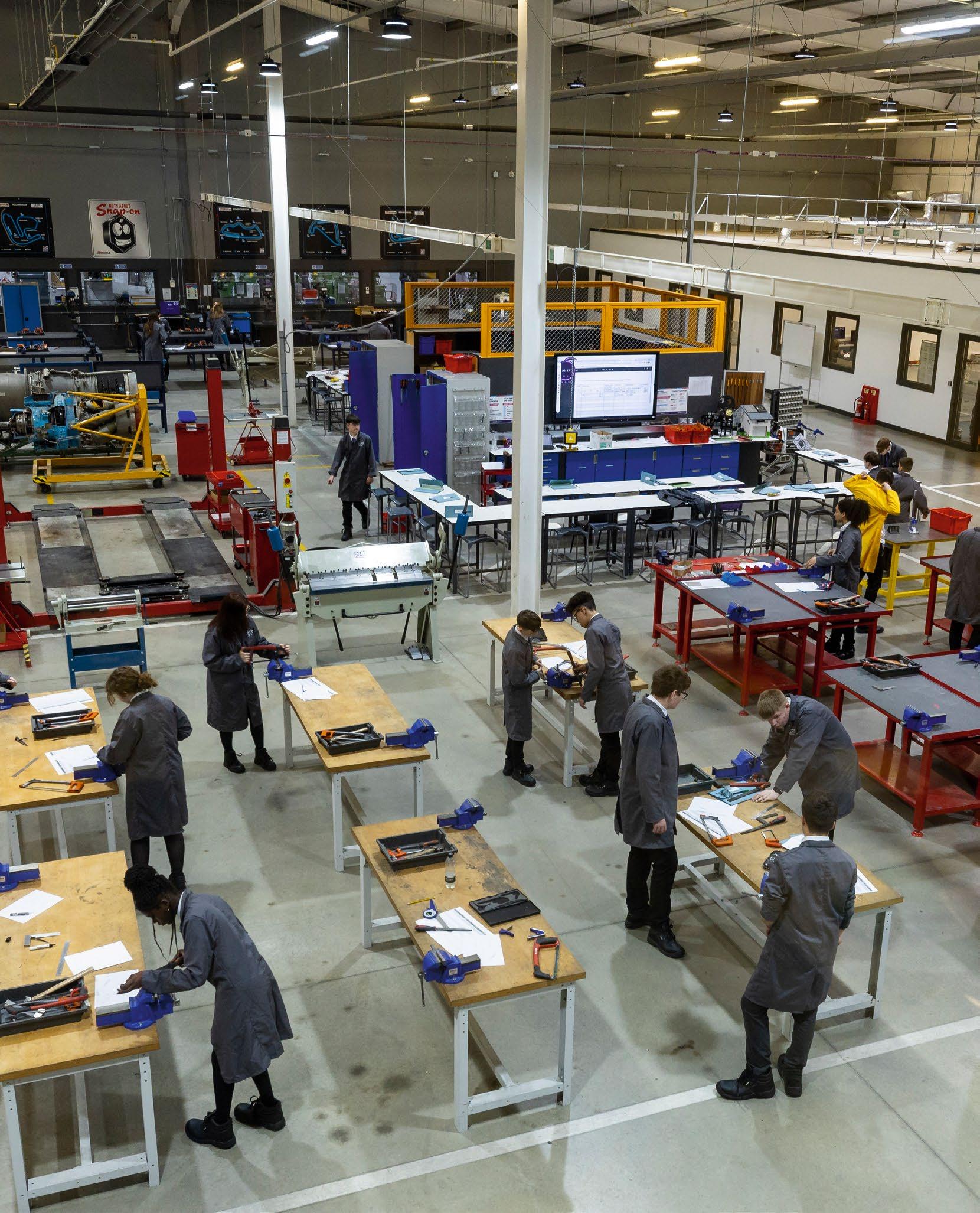
Year 12 Prospectus September 2026 Entry



Year 12 Prospectus September 2026 Entry

Year 12 Open Evening 09/10/2025
To develop tomorrow’s Science, Technology, Engineering and Health professionals
Our Ofsted inspection in January 2025 highlighted a number of outstanding areas of the school including our ‘Sixth-Form Provision’, with the Ofsted report included the following comments:
• ‘University Technical College Norfolk (UTCN) prepares its pupils exceptionally well for employment in the fields of science, technology, engineering and mathematics (STEM)’
• ‘Pupils participate in an extensive range of encounters with employers.’
• ‘The school has very high expectations of how well all pupils can achieve. As a result, pupils often achieve highly.’
• ‘Pupils become increasingly confident and resilient learners’
• ‘Many students progress into high level and degree apprenticeships and gain employment in leading engineering companies.’
• ‘Pupils are highly self-motivated. They are determined to be the best they can be.’
• ‘Lessons are a haven of calm.’
UTCN have achieved some of its best Sixth Form results ever:
• ‘Overall A*/D* - E/P - 95%
• ‘Overall A*/D* - C/M - 72%
All subjects have improved the percentage of A*/D*C/M grades. Some of the subjects that have performed particularly well are:
• ‘Computer Science A*-C - 77%
• ‘Single Engineering D*-M - 94%
UTCN has experienced and highly qualified teachers who are experts in their field. The quality of teaching and learning is excellent. Students benefit from a well planned curriculum that supports their progress in their chosen subject. Private study sessions allow students to develop their knowledge and understanding of their subjects in more detail through clearly planned activities.
UTCN is one of the biggest providers of T Level qualifications in the country with one of the largest cohort of students studying T Level Engineering and Science alongside our A level programme. Over 80 employer partners support industry placements across all areas of engineering and science. All Year 12 students will meet employers regularly through our Find Your Future programme. (Further information about Find Your Future is available in this prospectus).
Our students are highly employable. Here are the destinations for our 2024 cohort:
Level 6 Apprenticeship 17%
Level 4/5 Apprenticeship (Higher) 15%
3 Apprenticeship
Through our unique curriculum and work with employers, we will provide students with the skills needed to move onto your next destination successfully.
Welcome to University Technical College Norfolk (UTCN), where innovation meets education in a dynamic and specialised learning environment. Easily accessible from Norwich city centre, our institution is dedicated to fostering the next generation of skilled professionals, equipped with the knowledge, practical skills, and entrepreneurial mindset essential for success in today’s rapidly evolving industries.
At UTCN, we blend academic excellence with real-world application, offering students a unique opportunity to explore STEM (Science, Technology, Engineering, and Mathematics) subjects alongside technical training, all within a supportive and collaborative community.
At UTCN we offer something unique for our students. These can be divided into three main areas.
• Excellent teaching and learning leading to exceptional outcomes.
• A curriculum that focuses on science,technology, engineering and mathematics along with a range of other subjects.
• Online Dynamic Progress Reporting (DPR) for students to understand their priorities and steer their own learning to make excellent progress.
• Daily preparation for the world of work in every interaction, building habits today’s employers are looking for.
• Excellent pastoral support to live our core values of excellence, professionalism, respect and care.
• A pathway for students to ‘Find their Future’ from the very beginning of their time with us.
• Real life industry experience with regional and national employers including employer encounters, industry visits and work experience.
• Sponsorship from a range of employers and University of East Anglia.
I look forward to meeting you at one of our open days or school tours.
The world is changing – fast! But are you preparing for this new future?
Kind regards,
Luke Moralee Headteacher
Our Year 13 leavers go on to study at top universities and take up prestigious apprenticeships. We are especially delighted with our students’ success in securing higher and advanced apprenticeships, many of which are very well-paid and offer excellent career progression.
Education:
Anglia Ruskin
Engineering
CTC Aviation Academy
Pilot Training
International Aviation
Academy Norwich
Professional Aviation
Engineering Practice
De Montfort University
Business and Finance
University of Bournemouth
Design Engineering
Mechanical Engineering
University of Cambridge
Mechanical Engineering
University of Cardiff
Computer Science
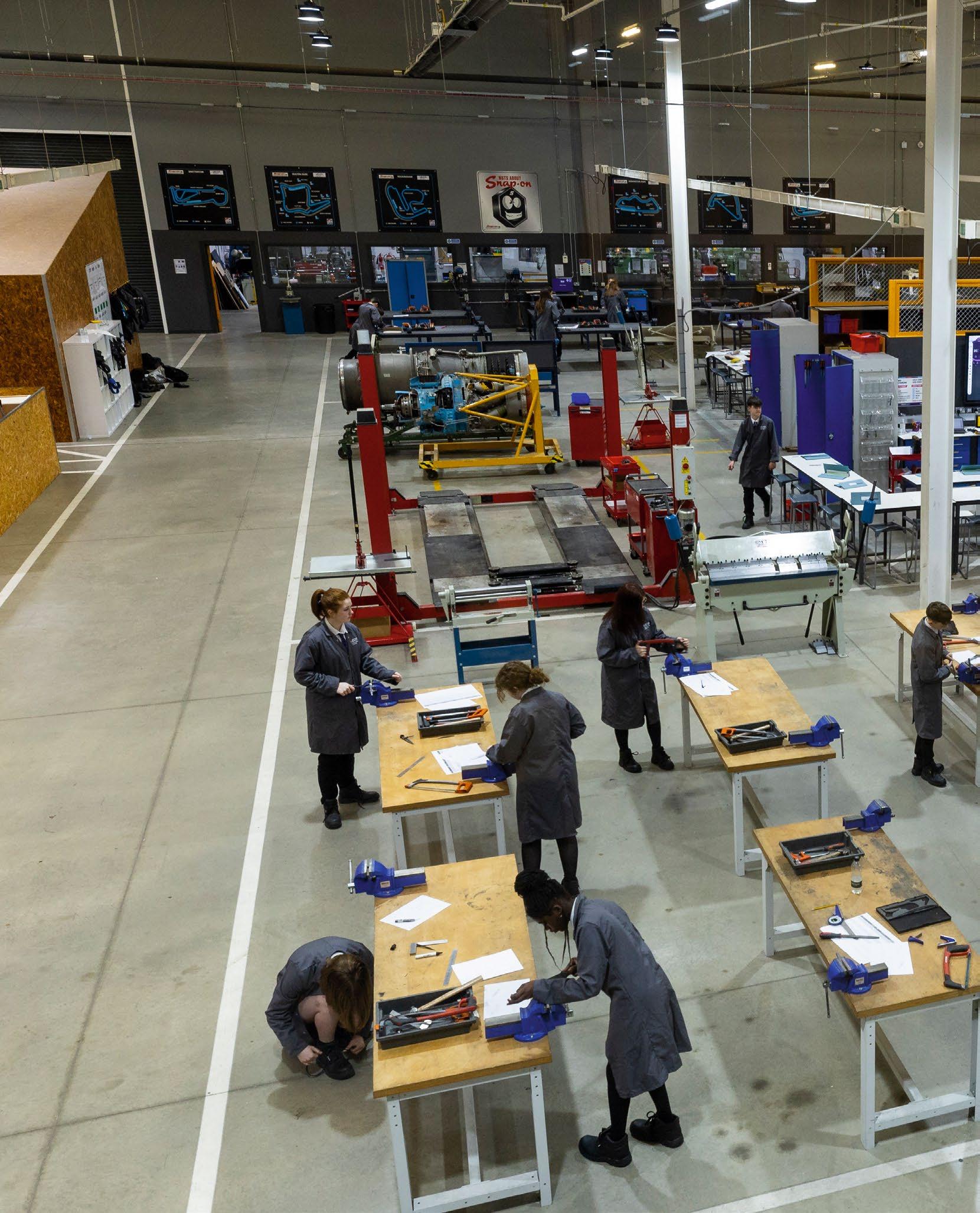
University of Cumbria
Conservation Biology
University of East Anglia
Biochemistry
Bioengineering
Biology
Chemistry
Computer Science
Engineering
Mathematics
Pharmacology
University of Hertfordshire
Aeronautical Engineering
Automotive Engineering
with Motorsport
University of Hull
Mechanical Engineering
University of Lincoln
Computer Science
University of Liverpool
Mechatronics and Robotic Systems
University of Manchester
Robotics
University of Nottingham
Medicine
Oxford Brookes University
Motorsport Engineering
University of Plymouth
Computing
Computing and Games
Development
University of Suffolk
Computer Games
Programming
Product Design
University of Sussex
Computer Science
Product Design
University of West England
Aerospace Engineering
Anglian Water
Aviva
Balfour Beatty
BBC
BMW
British Army
British Sugar
Canham Consulting
Clearwater
Dyson
EDF
Electronics Tech
Farrans Construction
Glazing Vision
Lotus – General operative
British Army – Paratrooper

Harford Attachments Ltd
Jaguar Land Rover
James Fisher Lowestoft
KLM
Lawrence & Scott
Lotus
Marsh
Mercedes-Benz AMG
Morgan Sindall
MSI Defence System Ltd.
National Grid
NHS
Norfolk Property Services (NPS)
Opito – Skills for Oil and Gas
R.G Carter
Robinson’s Audi
RAF
Royal Navy
Scottish Power
Seajacks
Tarmac
Warren Services
BAE
BF1 Systems
Hewlett Packard
Lotus
RAF
Renvale
Air Cair Engineering – Engineering Technician
Swift Aircraft – Aircraft Technician
JM Builders – Carpenter
HAAS – Engineering Technician
University Technical College Norfolk is equipped to the highest standards and contains specialist equipment, including £1.5m of recent investment for the Engineering and Science Facilities. Our equipment was procured after careful liaison with local employers to ensure that students are ‘work-ready’ when they leave us. With these facilities, excellent teaching and expert industry partnerships, we strive to empower our students to excel, innovate, and make a meaningful impact in their chosen fields.



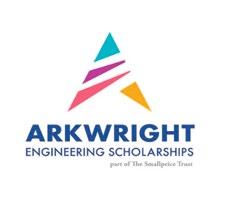



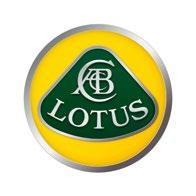


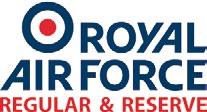
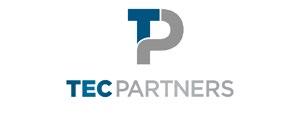










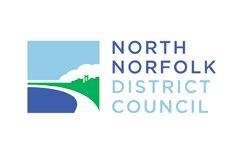



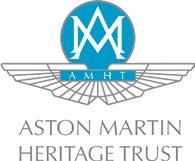






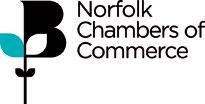




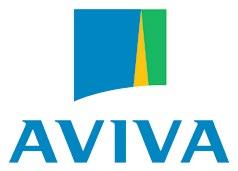


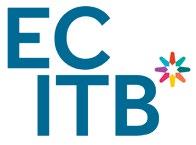




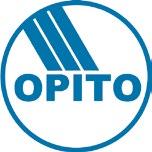


At UTCN, we are always future-focused and uniquely offer a carefully designed curriculum that ensures all students are prepared for the next stage of their career when they leave us.
The world of Engineering, Science, and Technology is everchanging, and at UTCN, we work with employers to be at the forefront of these developments. UTCN graduates are workready from the moment they leave us and have the edge over other applicants when applying for higher education, jobs, or apprenticeships.
We achieve this through a carefully curated set of experiences that include live projects delivered by industry experts from companies such as Orsted, AVIVA, Glazing Vision, Sizewell C, HAAS Automation, and many more. Students also have the opportunity to enter national competitions such as Concept Car, TDI Challenge, and Health Tech Challenge.
As the name suggests, FYF will help students:
• Find a career that is suitable for you
• Build key employability skills like teamwork, leadership, and presentation skills
• Make industry contacts to help you find your future
The challenges vary from design tasks to creating prototype solutions, which can sometimes be adopted by employers. Students will have the chance to work on projects in various key sectors, including Automotive, Aviation, Health Science, Marine, Medical, Construction, Energy, Tech, and many more.
Employers often reward students with prizes for the best ideas or best team, and these challenges have led to offers of work experience and excellent apprenticeships (including degree-level). We work hard to understand what employers are looking for, providing students with the opportunity to create a C.V. that sets you apart.
FYF is a vital and compulsory part of the curriculum and takes place every Wednesday morning.
A few examples include:
• Designing and building a model of a Hydraulic Robotic Arm, sponsored by EEEGR
• Presenting solutions to key challenges in offshore wind operations and maintenance with Orsted
• Modifying and racing an electric powered race car with Greenpower
• Construction Challenge - students took on the roles of Project Manager, Designer, Finance Director, Environmental & Sustainability lead, Social Impact & Communications officer. This project is delivered by Balfour Beatty
• Designing an artificial reef to promote biodiversity around the Dudgeon and Sheringham Shoal wind farms, delivered by Equinor
• Software engineering and app development ‘Hackathon’ task sponsored by Aviva
All Sixth Form courses at UTCN include a work experience placement. The purpose is to build experience that will be valuable for future employment or study. Many students discover their future employer while demonstrating their abilities in the workplace. A course tutor, along with the UTCN Employer Engagement Coordinator, will work with students to identify suitable opportunities for students to pursue during this time.
At UTCN Sixth Form, we believe in providing our students with fantastic opportunities to develop not only good technical qualifications but also essential skills through a wide range of competitions and challenges. These team-based challenges allow students to apply their technical and business skills to problemsolving tasks devised by industry experts.
Here are just some of the projects that our Sixth Form students participate in:
1. Concept Car Design Challenge: Students work collaboratively to design innovative concepts for future cars, considering factors such as sustainability, efficiency, and technological advancements.
2. TDI Challenge: This challenge focuses on tackling realworld engineering problems related to transportation, infrastructure, and sustainability, allowing students to propose practical solutions and innovations.
3. Health Tech Challenge: Students delve into the intersection of healthcare and technology, exploring ways to improve patient care, enhance medical technologies, and address healthcare challenges using innovative approaches.
4. Robotics Competitions: Students participate in robotics competitions where they design, build, and program robots to compete in various challenges, showcasing their engineering and programming skills.

5. Entrepreneurship Challenges: Students have the opportunity to develop business ideas, create business plans, and pitch their concepts to industry professionals, fostering entrepreneurial skills and innovation.
6. Participation in the Duke of Edinburgh Award Scheme is open to all students, whether or not they have previous experience. Students can begin at the Silver Award level as direct entrants. Remarkably, the Silver Award can be completed in as little as 12 months.
These projects not only provide students with valuable hands-on experience but also foster teamwork, creativity, problem-solving, and communication skills. By participating in these challenges, our Sixth Form students are better prepared for future academic and career pursuits, equipped with the practical skills and mindset necessary for success in today’s competitive world.
We run four programmes at UTCN. In addition, all students participate in Find Your Future (page 5).

T
Must include a grade 4 in Maths and a grade 3 in English
Strong interest in Engineering
Good references from previous school
Must include a grade 5 in Maths and a grade 4 in English
Strong interest in Engineering
Must include a grade 4 in Maths and a grade 4 in English and grade 5s in Science
Preparation for Level 3 qualifications
Studying T Levels or Level 3 apprenticeships
Careers in Engineering
Higher level apprenticeships
Graduate Apprenticeships
University to study Engineering
Equivalent to 3 A Levels
Must include grade 5 Maths and English
Grade 6 in chosen subject or relevant subject if not studied Must choose 3 A Levels
Careers in Science
Higher level apprenticeships
Graduate Apprenticeships
University to study Science
Higher Education: University degrees, foundation degrees, or HNDs/HNCs.
Apprenticeships: Higher and degree apprenticeships combining work and study.
Further Education: Specialised diplomas, certificates, or access to higher education courses.
Employment: Entry-level jobs or graduate training schemes.
What does the course cover?
The course comprises of:
• OCR Level 2 Technical Diploma in Engineering
• Employer-led projects
• Work experience
• Technical competitions
• GCSE English and/or Maths
How is the course assessed?
The course comprises of the following units:
• Engineering fundamentals
• Applications of engineering principles
• Mechanical engineering – machine operations
• Electrical, electronic engineering – operations and application
• Engineering systems control – operations and application
• Develop and present engineering 2D and 3D design solutions
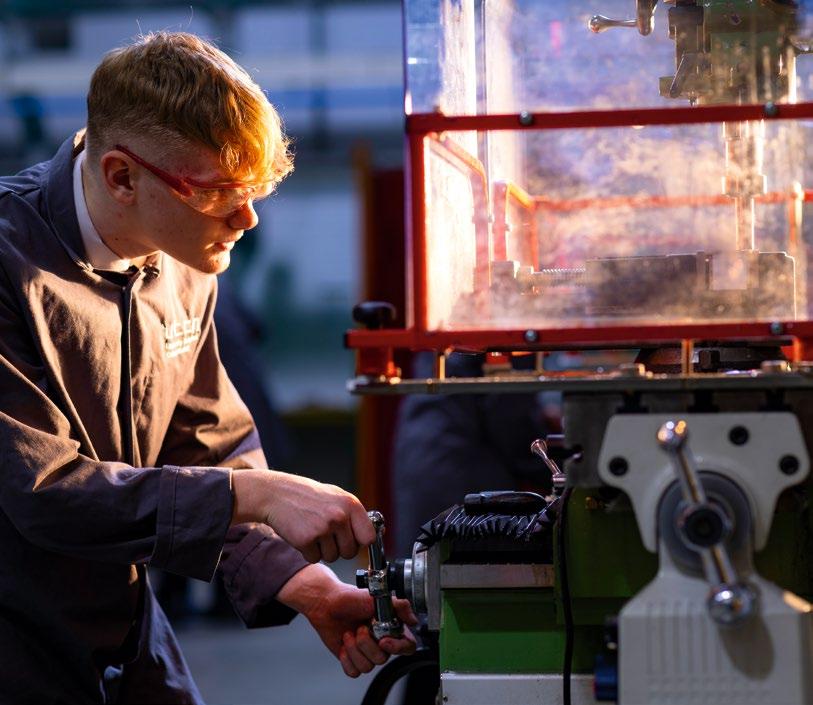
The technical study element of this course will ensure students have a sound background in mechanical and electrical engineering concepts as well as offering the chance to apply these concepts in a range of practical tasks.
Students will gain knowledge and skills such as bench fitting, machining, CAD, electrical circuit design and assembly.
The T Level Technical Qualification in Maintenance, Installation and Repair for Engineering and Manufacturing allows learners to gain an understanding of what is needed to work within the engineering industry. Topics covered include maintenance, installation and repair requirements, fault detection and diagnosis, isolation and resolution methods and communication for maintenance, installation and repair activities. T Levels are developed in collaboration with employers and industry experts to ensure they align with the needs of the workforce
Upon successful completion of your T Level Engineering qualification you’ll have a range of options for your future career: employment, apprenticeships, degree apprenticeship or a degree at University.
The T Level programme includes the following Mandatory elements.
Technical Qualification (TQ), which includes:
• Engineering core learning - 2 Core exams - Core paper 1 & 2 (externally marked)
• Industrial project - Employer set project (ESP, externally marked)
• Occupational specialism – Assessment (internally assessed, externally moderated)
• Industry placement with an employer – 45 days (315 recorded hours minimum over 2 years)
In Year One students complete the core learning element, topics will include:
• Applied Science and Mathematics
• Electrical and Mechanical Principles
• Electrical and Mechanical Design
• Computer Aided Design
• Control Engineering
• Materials Science
• Electrical and Mechanical Simulation
• Business for Engineering and Project Management
In Year Two students complete the Occupational Specialism in Mechatronics Occupational specialisms develop the knowledge, skills, and behaviours necessary to achieve threshold competence in an occupation.
Threshold competence is defined as when a learner’s attainment against the knowledge, skills and behaviours is of a standard for them to enter the occupation and industry Learners will be able to:
• Analyse and interpret requirements for mechanical engineering maintenance, installation and repair
• Plan and prepare for mechanical engineering maintenance, installation and repair
• Perform maintenance, installation and repair activities on mechanical plant and equipment
• Review and evaluate mechanical engineering maintenance, installation and repair activities
• Communicate mechanical maintenance, installation, servicing and repair information.
• Students will take written exams to assess their knowledge of the core content.
• Practical assessments will evaluate students’ ability to apply their knowledge and skills in a hands-on setting
• A project set by employers will allow students to work on a real-world engineering problem
• Performance in the industry placement will be assessed by workplace supervisors and tutors.
• Upon completion, students will receive an overall grade - Pass, Merit, Distinction, or Distinction* (A level equivalent - P = CCC (C or above on Core) , M = BBB. D = AAA. D* = A*A*A*)
• Project management
• Researching
• Working with others
• Creativity and innovation
• Problem solving
• Communication
• Reflective evaluation
T Level Science is a technical qualification designed with employers in the science sector to give you the skills and knowledge that the industry needs. This course combines classroom-based learning with a substantial industry placement where you’ll spend at least 45 days working with an employer. This invaluable experience will allow you to apply your classroom learning in a real-world setting, network with industry professionals and gain insights into career opportunities. Upon successful completion of your T Level Science, you’ll have a range of options for your future career: employment, science degrees at university or apprenticeships.
All students will develop a general understanding of:
• Working within the science and laboratory sector
• Health, safety and environmental regulations
• Managing information and data
• Principles of good scientific and clinical practice
• Core science concepts including the structure of cells, tissues and large molecules, genetics, microbiology and immunology
• Industry placement with an employer up to 45 days
They will also learn about topics specific to Science including:
• Understanding the science sector
• Further science knowledge, including cell cycle and cellular respiration, enzyme and protein structure, pathogens, classification of biological materials, kinetic changes and relevant analytical techniques
• Scientific methodology
• Experimental equipment and techniques
• Ethics of science
External assessments are set and marked by the exam board. The employer set project assesses students’ knowledge and skills relevant to the occupations within the science sector.
The occupational specialism components are also externally assessed through assignments, except for the observation element, which is internally marked by providers and externally moderated by the exam board.
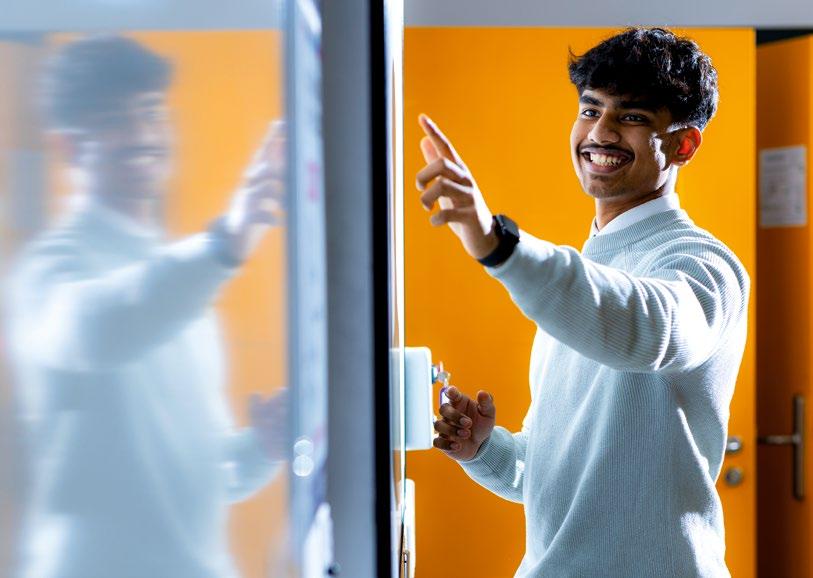
• Project management
• Researching
• Working with others
• Creativity and innovation
• Problem solving
• Communication
• Reflective evaluation
Students should choose three subjects from the following:
• Mathematics
• Physics
• Biology
• Chemistry
• Computer Science
• Psychology
• Art
• Level 3 AAQ Cambridge Advanced National in Engineering (Extended Certificate)
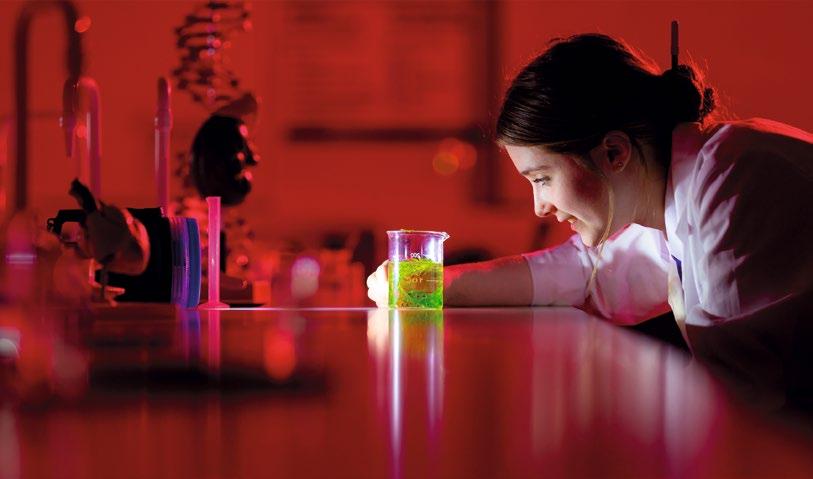
• Analytical and Critical Thinking: Problem-solving, critical evaluation, and data analysis.
• Research and Inquiry: Scientific method, and sourcing information.
• Technical Skills: Advanced mathematics, laboratory techniques, and computer literacy.
• Communication: Effective written and oral communication.
• Collaboration and Teamwork: Working well in teams and integrating knowledge from different fields.
• Time Management and Organization: Project management and systematic organisation.
• Ethical and Environmental Awareness: Understanding ethical issues and environmental impacts.
• Innovation and Creativity: Developing new ideas and creative problem-solving.
• Practical Application: Applying theoretical knowledge in real-world contexts and using specific tools effectively.
During this course students will extend their knowledge of algebra and geometry from GCSE and explore the ways in which mathematics can be applied in the real world. Areas which students cover include:
• New topics such as coordinate geometry, series, differentiation and integration, all of which are highly algebraic and are an excellent introduction to Maths at a higher level.
• Branching further into topics such as logarithms and exponentials, radian measures and higher level trigonometry.
• More complex pure maths including trigonometric proofs, further differentiation and integration as well as numerical methods used finding solutions of complex equations.
• Further and more complex work on coordinate geometry as well as vectors in 3D. Lots of the maths studied in earlier units is linked together here.
• Mechanics and Statistics: this applied paper introduces students to mathematical modelling of everyday experiences, like driving a car, throwing a ball up in the air, walking across a bridge and playing snooker. In order to be successful in this area students need to be able to visualise a situation and simplify the forces acting on different parts of it. They will have a better understanding of how the physical world operates and how to use maths to predict what will happen next following this module.
The course is assessed through three written examination papers taken at the end of the two- year course. Paper 1 and 2 are equally spread over all Pure mathematics with Paper 3, the applied Mathematics paper made up of Mechanics and Statistics modules. Each paper is worth 100 marks and a 2 hour examination.

• Fluency in the key mathematics topics for science and engineering
• Organising and presenting a structured and logical argument
• Confidence in mastering challenging ideas and overcoming difficulties
• Thinking in an abstract and symbolic way
Physics is the most fundamental science. It involves the study of the universe and its origins, and how matter behaves through space and time, from the very large to the very small. It seeks to explain how the physical world operates through Laws and the concepts of forces and energy. Having A Level Physics will open up the doors to a great variety of courses at University including Engineering, Mathematics, Economics, Physics and Architecture. It is also looked upon favourably for those wishing to enter business and finance as the analytical and problem skills students develop are well sought after.
• Foundations of physics: dimensional analysis with scalars and vectors
• Forces and motion: Newton’s Laws, projectile motion, work energy and power, car safety and material properties
• Electrons, waves, and photons: Kirchoff’s Laws, quantum physics, wave phenomena, and electrical circuits
• Newtonian world and astrophysics: field forces including gravitational, electric and magnetic fields, higher level mechanics and cosmology
• Particles and medical physics: nuclear physics and applied physics in medicine
You will be assessed over 3 papers. Paper 1 and 2 are both two hours long, cover 4 separate topics and are each worth 35% of your A level. Paper 3 covers all content and is worth 30% of your A-level.
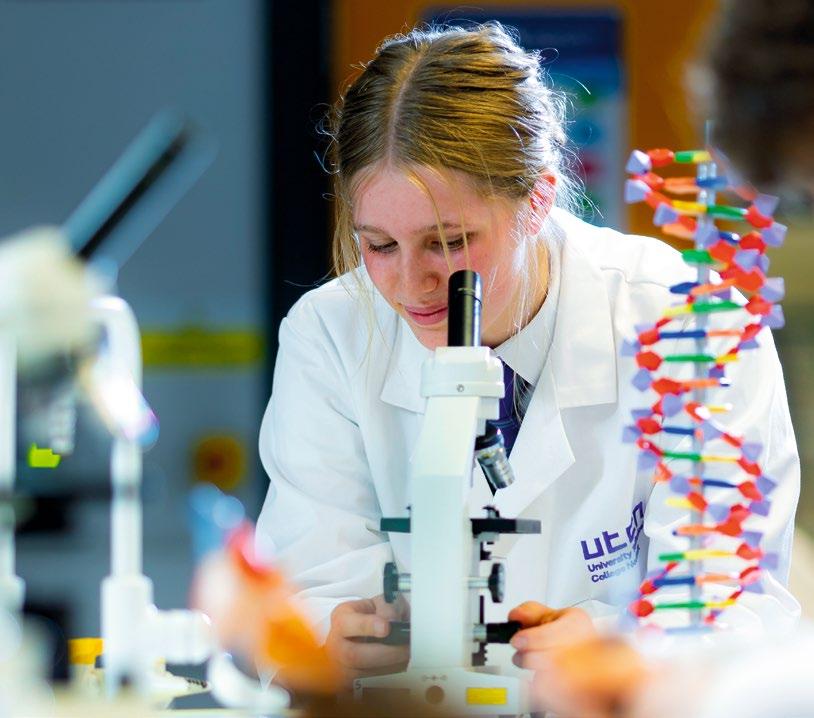
• Analytical Skills: Analysing experimental data and theoretical models in physics.
• Problem-Solving: Applying laws and principles of physics to solve complex problems.
• Mathematical Proficiency: Using calculus, algebra, and trigonometry for physics calculations and modelling.
• Laboratory Techniques: Conducting precise experiments, handling equipment, and interpreting results.
• Experimental Design: Planning and executing experiments to test hypotheses.
• Critical Thinking: Evaluating theories, experimental methods, and scientific evidence.
At the forefront of modern science, Biology can send you on a diverse and exciting pathway. Allowing a head start in careers such as genetics, medicine, ecology and the environment. With current advances in AI, groundbreaking advances are being made in protein resolution and DNA sequencing every day; here in East Anglia we are at the forefront of the entire world.
Students of A-level biology must already have the basic concepts of science and will use that to advance their knowledge to a deep understanding of current understanding. You will cover the origin of humanity and species, delving into the exciting world of genetics and the building blocks of life. The course is filled with exciting and hands-on practicals and UTCN provides exciting opportunities and talks from the NHS, Norwich research park and we have close links with the Earlham Institute in Norwich.
Having- a qualification in A Level biology is essential for students wishing to study a diverse range of courses at university including Medicine, Dentistry, Veterinary Science and also for careers such as Accountancy, Patent Attorneys, environmental consultancy, sports science, nursing and research.
Familiar topics, such as cells, genetics and ecology will be covered in new detail, beginning a journey into the understanding of biological molecules, gene expression and how organisms exchange substances with their environment.
You will be assessed over 3 papers. Paper 1 and 2 are both two hours long, cover 4 separate topics and are each worth 35% of your A level. Paper 3 covers all content and is worth 30% of your A-level.
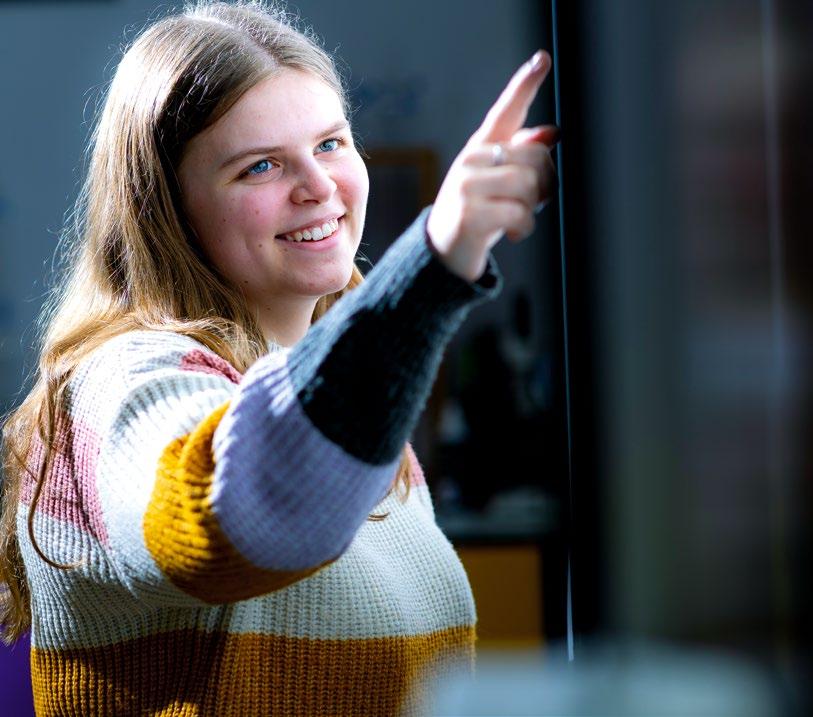
Students will also gain experience in the laboratory where students will develop their skills to examine and identify tissues, proteins and other biological substances. In addition, students will be able to demonstrate knowledge and understanding of facts, principles and concepts from different areas of Biology and learn to make and use connections between them. A Level Biology also involves calculations, scientific drawing, data manipulation, analysis and interpretation which are skills that are important to many professions and careers.
What does the course cover?
Students will study the three main aspects of chemistry:
• Physical chemistry: the how and why reactions take place
• Organic chemistry: the study of carbon chemistry, including how to identify functional groups and their role in life
• Inorganic chemistry: focuses on the trends and patterns present in chemistry, understanding these allow us to make predictions about the unknowns and develop problem solving skills
How is the course assessed?
You will be assessed over 3 papers at the end of the two years of learning, each being 2 hours in length.
• Analytical Skills: Analysing data and identifying patterns.
• Problem-Solving: Tackling complex problems using chemical principles.
• Laboratory Skills: Conducting experiments and using lab equipment.
• Mathematical Skills: Applying mathematical concepts in chemistry.
• Research Skills: Conducting literature reviews and designing experiments.
• Attention to Detail: Precise measurement, observation, and data recording.
• Time Management: Balancing theoretical and practical work.
• Communication: Articulating complex ideas clearly.
• Teamwork: Collaborating on group projects.
• Critical Thinking: Evaluating scientific information critically.
What does the course cover?
The units will include:
• Computer Systems
• The Fetch-Decode-Execute Cycle and its effects on different registers
• How different input, output and storage devices can be applied to the solution of different problems
• Network security and threats, use of firewalls, proxies and encryption
• Algorithms and Programming
• Writing and following complex algorithms
• Use of an IDE to develop/debug a program
• Modularity, functions and procedures, parameter passing by value and by reference
• Programming Project – Candidates select their own user-driven problem of an appropriate size and complexity to solve.
• Problem identification
• Designing a solution
• Iterative development process
• Testing to inform development
• Evaluating the success of the solution
The A Level course is split into three different units over two academic years. The first two units are examined and are worth 40% each, whilst the third unit is a programming project worth 20%.
• Programming: Writing and debugging code.
• Problem-Solving: Designing algorithms.
• Computational Thinking: Using patterns and abstraction.
• Theory: Understanding computer architecture and data structures.
• Project Management: Planning and completing projects.
• Teamwork: Collaborating effectively.
• Communication: Documenting and explaining solutions.
If you’re fascinated by the complexities of human behavior and thought, A-Level Psychology offers a rigorous scientific exploration into the mind. You’ll engage with diverse research methods and theoretical perspectives, gaining a deeper understanding of what drives individuals and societies. This course provides a robust foundation for analytical thinking and evidence-based reasoning, crucial for a wide range of academic and professional paths.
A-Level Psychology is a comprehensive and scientific course that examines human behavior from multiple perspectives. The curriculum will allow you to:
• Understand the biological influences on behavior, including brain structure and genetics.
• Explore cognitive processes such as memory, perception, and problem-solving.
• Investigate the impact of social factors on individuals and groups.
• Trace human development across the lifespan, from infancy to adulthood.
• Gain insights into psychological disorders, their symptoms, and treatments.
• Master research methods, including experimental design, data analysis, and ethical considerations. You will delve into core psychological topics and have opportunities to explore specialized areas, deepening your appreciation for the scientific study of the mind and informing your own critical thinking.
Your understanding will be assessed through three written examinations at the end of the two-year course. Each exam contributes 33.3% to your final A-Level grade. These exams will require you to:
• Demonstrate knowledge and understanding of key psychological theories, concepts, and research studies.
• Apply psychological principles to various scenarios and real-world examples.
• Critically evaluate different psychological perspectives, research methodologies, and evidence, constructing reasoned arguments.

This course cultivates a range of valuable transferable skills, preparing you for higher education and diverse career paths. You will develop:
• Critical Thinking & Analysis
• Problem Solving & Logical Deduction
• Research & Investigative Skills
• Data Analysis & Interpretation
• Scientific Communication & Argumentation
• Ethical Awareness in Research.
The insights and analytical abilities gained from A-Level Psychology are highly regarded across many fields, from healthcare and education to business and law. A strong foundation in psychological principles will enhance your understanding of human interaction, decision-making, and societal dynamics.
If you love creating and expressing yourself through different mediums, A-Level Art is a great way to explore and push your creative boundaries. You will get the freedom to experiment with various materials and techniques, plus express your thoughts and feelings, or even comment on social/political issues, which can be both fulfilling and therapeutic.
A level Art and Design is a broad and flexible course which offers the opportunity to explore a wide range of mediums, you will get to choose what best expresses your vision. The course will allow you to:
• Develop, review and refine your ideas.
• Analyse contextual and other sources to inform your investigations.
• Explore and select appropriate resources, media, materials, techniques and processes.
• Record your ideas, observations and insights.
• Present personal and meaningful outcomes.
You will have the opportunity to develop your technical proficiency with various artistic techniques such as drawing, painting, sculpture, and printmaking. You will also study different periods, styles, and cultures in art history, which will deepen your appreciation of art and inform your own work.
Personal Investigation: This component is worth 60% of your A level. You will produce a portfolio of practical and written work based on various personal starting points over the duration of the course.
Externally Set Assignment: This component is worth 40% of your A level. This requires you to produce preparatory studies and personal outcome(s) based on a theme set by the exam board. The theme will be released to you in February of your final year. You’ll have 15 hours to produce your personal outcome.
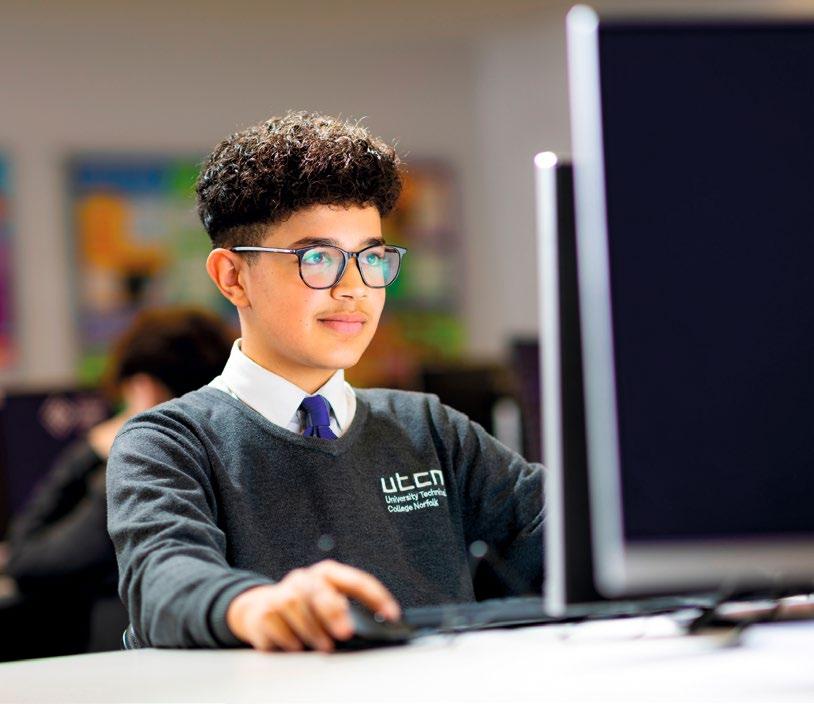
You will develop transferable skills, such as problem solving, communication and critical thinking, which will prepare you for further study or the world of work, regardless of the subject or career you wish to pursue.
• Independent Work
• Problem Solving
• Industry Skills
• Confidence Building
• Time Management & Discipline
The creative industries are vast and growing. Whether you are thinking of pursuing Fine Art, Graphic Design, Animation, Film, Illustration, Interior Design, Architecture, Fashion, or Photography, a strong portfolio from your Art A-Level will make you a more competitive applicant.
(Extended Certificate)
What does the course cover?
Study units include:
• Applied Engineering, Science and Mathematics
• Computer Aided Design and Manufacturing
• Mechanical and Electrical Principles
Students working on the extended certificate course will receive a rich and varied engineering experience, whilst developing a blend of theoretical and practical skills. Students will study a number of separate engineering units delivered over two years, allowing students to experience and consider a broad range of engineering pathways.
How is the course assessed?
Two assignment based units plus four examinations.
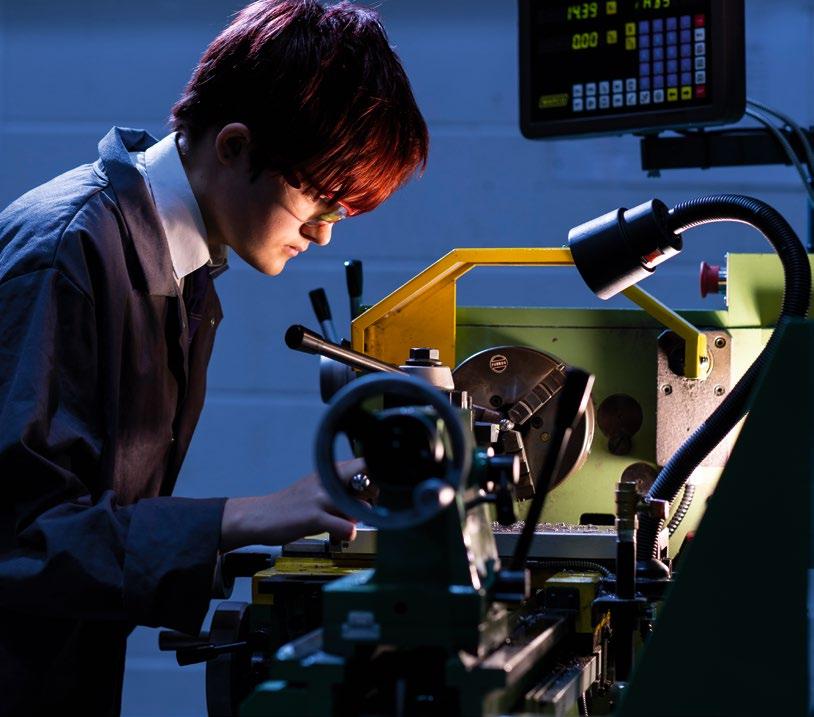
What skills will the course help students develop?
• Technical Proficiency: Using engineering tools, machinery, and CAD software.
• Mathematical Application: Solving engineering problems with algebra, calculus, and statistics.
• Problem-Solving: Creating solutions for mechanical, electrical, and structural challenges.
• Practical Skills: Building prototypes, conducting experiments, and working with materials.
• Critical Analysis: Evaluating engineering data and processes.
• Safety Protocols: Implementing health and safety standards in engineering environments.

At UTCN, we prioritise preparing our students for success in the professional world. As such, we hold our students to high standards of personal presentation. We expect them to dress professionally and smartly on a daily basis.
As our industry partners visit our school frequently, students should always be dressed to meet potential employers.
At UTCN, we believe that cultivating professional habits early on will benefit our students as they transition into higher education, apprenticeships, or employment.
The dress code can be found on our website and student handbook. The Headteacher has the final say on the dress code.
Sixth Form students have a dress code, rather than a uniform and are expected to wear smart business dress suitable for a corporate office environment, for example:
• Two or three-piece suit or dress/skirt with plain tights.
• Trousers: Plain, tailored, regular fit (no denim, pocket zips or embellishments, no tight trousers, leggings, jeans or ¾ length trousers).
• Shoes: Formal plain leather shoes without a logo (the shoe style should be closed toe, with a flat or low solid heel).
• Socks: Dark coloured.
• Shirt or blouse: Any colour or pattern suitable for a business environment. They must be tucked in and with the top button fastened.
• Tie: Suitable for a business environment (in line with standard business dress, girls do not need to wear a tie).
• Jumpers: Smart, plain jumper (no hoodies or large logos).
• School lanyard worn around the neck at all times (students will be required to purchase a new lanyard should they lose it)
• Black Chukka safety boots: Must include steel toe protection and mid-sole penetration protection. (Birds of Dereham or must be marked S1P or SBP compliant)
• Black dustcoat: Includes UTCN logo. (Birds of Dereham)
• Coat: Suitable smart coat.
• Scarves: Only in cold weather.
• Hats: Plain black woollen hat, only in cold weather (no bobbles, visors)
PE is optional for students in Year 12 & 13, and participants may choose their own sportswear, as long as it is appropriate, practical and does not cause offence.
• A single necklace or bracelet for religious reasons. These must be worn out of view. The student may be required to remove them in some subjects for Health and Safety reasons.
• Hair fasteners: Plain black, navy or plain white. No beads or other jeweled items to be worn in the hair.
• Earrings: Small plain studs in the lower earlobe (under 5mm in diameter), matching pair or single.
• Make-up: To be modest and discreet (no lipstick or false eyelashes).
• No nail varnish or acrylic nails.
• No body jewellery, tattoos, visible undergarments.
• Badges: Are not to be worn (except official UTCN badges e.g. merit badges).
• Hair: Natural hair colours only. No hair dyes and coloured hair extensions. Hair must not be cut shorter than Grade 2 and must not have patterns or shapes cut into it. For health & safety reasons, in some lessons, long hair must be tied back.
• Facial Hair: Students are allowed facial hair as long as it is in keeping with the fundamental principle of smart business appearance.
Any hairstyle or dress which, in the view of the Head teacher is deemed unacceptable, will not be allowed.
If students are interested in our prospectus, we invite students to visit us. Students can schedule a tour with our Admissions office or attend our Open Evening on October 9, 2025. For convenience, please use our QR code for easy access to the application process.
Students can apply online at www.utcn.org.uk or using our QR code. Students will need to provide some basic information and briefly explain why Students want to join us. Please ensure applications are submitted by November 30, 2025.

If students would like to accept an offer, please inform us by January 12, 2026.
We will hold an Induction Day in July for all students who have applied for Year 12 starting in September 2026. This is an excellent opportunity to experience a day at UTCN and meet future classmates.
If required, the admissions coordinator will call students to discuss their application. Students may be asked about career ideas and choose course options.

Visit UTCN when you receive your GCSE results to enrol on our Sixth Form courses from the 20th August 2026.
We will make you a conditional offer based on predicted grades and our entry requirements. 7
Your journey with us begins in September 2026.
We expect to be oversubscribed for the September 2026 entry. Should we reach full capacity, you will be placed on a waiting list. If a place becomes available, you will be informed and made an offer.
UTCN is located approximately 2.5 miles from Norwich City Centre and is easily accessible from all parts of Norfolk and Suffolk. Please refer to our website for more information about travel options.
For students who wish to travel by train, the school is a short bus journey from Norwich Train Station and there is a contract bus which can shuttle students from the train station to the school. If a student travels into Norwich by train it is advised that they purchase a contract bus pass via the school to ensure they arrive at the school on time.
There are two types of buses that service the school.
1. UTCN Contract Bus
2. First Bus Service Public Bus
Route Travelling from Norwich City Centre or travelling by train to Norwich
The contract bus leaves in the morning from Norwich Train Station and various other stops in Norwich City Centre starting from 8:25 am. It returns to Norwich City Centre at the end of the school day, ending at Norwich Train station. Please look at our website for more details.
The following bus routes service the school: 7, 36, 37, 38. Please look at our website for more details.
The most economical way of travelling by bus is buying a bus pass. We have summarised the options below:
Travelling by bus from home on a First Bus route
Purchase Options Purchase from the school
Purchase from First Bus and also valid on school contract bus
Travelling by bus from home on a route offered by another bus provider (ie Konnect, Stagecoach)
Purchase from the school
There are covered bicycle racks available at the school. Students leave their bicycles at their own risk and are advised to follow all safety precautions including wearing a helmet and using cycle lanes where appropriate.
Students who wish to travel to UTCN by moped or motorbike there is specific parking available at school. Vehicles are left at the students’ own risk and students should follow all safety precautions including wearing a helmet.
Please be aware that there is no student car parking available at UTCN. This is part of the building’s planning consent and not something that we have control over.
When I first joined UTCN, I was impressed by the top-notch equipment, facilities, and tutors—resources I hadn’t seen elsewhere. This perfectly aligned with my career goals and interests. The opportunity to start my engineering studies at GCSE level, instead of waiting until A-Levels, was a major factor in my decision to spend the next four years at UTCN. I am keen to inspire other young people and I have already returned to UTCN to deliver a careers talk to Year 10 students.
I had an excellent experience at UTCN. The teaching staff were incredibly supportive throughout my time there, and the small year group sizes created a welcoming and social atmosphere. We had access to a wide range of engineering equipment and facilities, which were invaluable for handson learning. The career guidance provided was instrumental in shaping my current path, and the strong connections with employers led me to secure an amazing internship opportunity—twice!
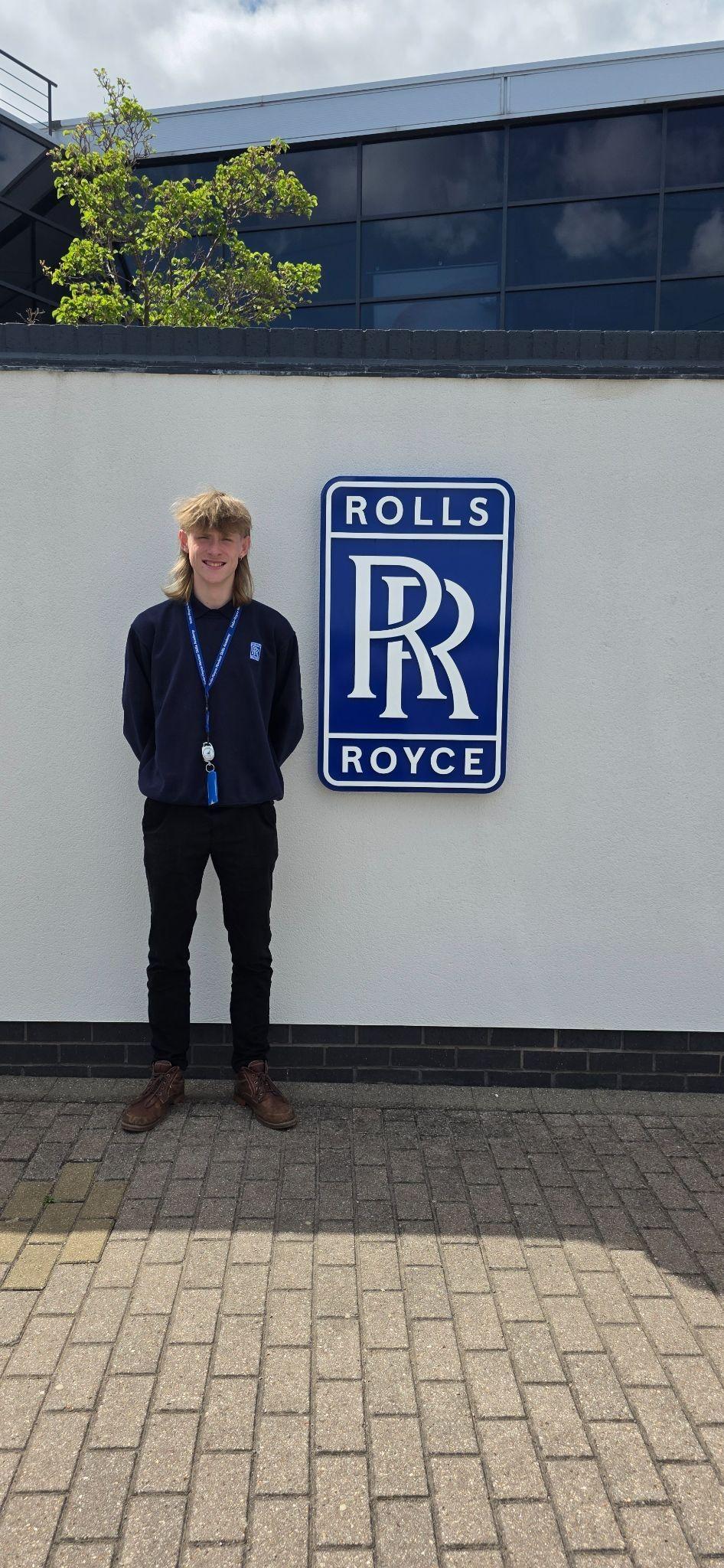
Initially, I had planned to go to university to pursue a degree in aerospace. However, after discussions with the career guidance team and my mentor, who strongly recommended
the value of degree apprenticeships, I reconsidered. Their advice, coupled with my passion for space technologies and Rolls-Royce’s vision to lead in micro-nuclear technology for space applications, led me to apply for their Degree Apprenticeship in Nuclear Engineering.
Given the high risks and sensitivity surrounding nuclear technologies, the early phase of our apprenticeship focuses on university studies to understand the theory behind the work we’ll eventually undertake. We also undergo training on company processes and work to gain the necessary security clearance. Starting in June, we’ll begin placements in different business units, aligned with one of three specialisms we’ve chosen. These placements will involve real-world projects, offering a fantastic opportunity to gain hands-on experience.
The advice I would give current students would be to enjoy and take part in as many of the opportunities that are offered to you as possible. Although it may not be what you want to do for a future career it may teach you skills that could apply to it or help you through an interview process.
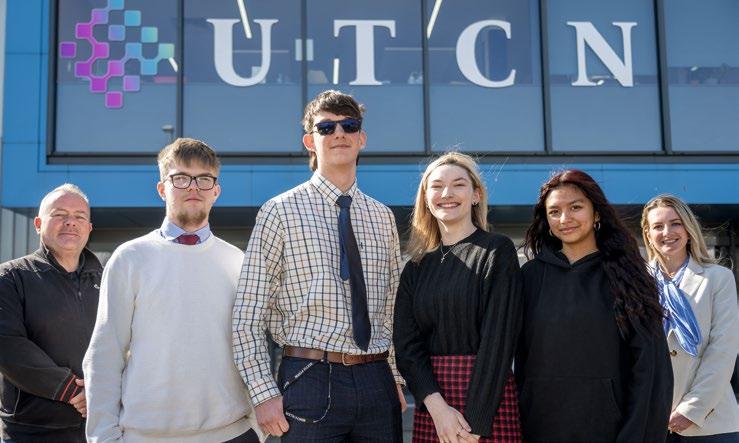
At University Technical College Norfolk (UTCN), real-world learning is at the heart of everything we do—and our recent collaboration with global renewable energy leader Ørsted was a powerful example of that in action.
As part of a unique project-based learning experience we call ‘Find Your Future’, 90 of our Year 12 students were challenged to solve real engineering problems currently faced on offshore wind farms. Working in teams of three to five, students were given the opportunity to choose from three demanding scenarios provided by Ørsted, the company leading the construction of the Hornsea 3 Offshore Wind Farm—set to become the world’s largest when completed, located 120 km off the Norfolk coast.
The challenges were directly inspired by real operational issues such as logistics, environmental and mechanical.
This collaboration exemplifies how employer partnerships at UTCN enrich our students’ learning by aligning curriculum with industry needs. Students had to consider technical feasibility, safety, cost-effectiveness, and environmental impact in developing their solutions—just as professional.
The winning team tackled the environmental challenge, proposing an innovative non-stick coating for ladders that prevents algae growth and reduces bird fouling, along with added ladder divots for grip, improved safety gloves, and boot brushes to remove debris.
Reflecting on the experience, Liam, a member of the winning team, said:
“I enjoyed the multiple choices that Ørsted offered and how it pushed us to think creatively and engineer practical solutions. It really opened my eyes to the tough conditions turbine engineers face and the ingenuity required to overcome them.”
Ørsted’s Lauren Little, who coordinated the project, praised the students’ performance:
“ What stood out was how the teams considered each challenge holistically. Their ideas were grounded in reality—innovative but practical, with a strong focus on safety, which aligns perfectly with Ørsted’s core values.”
At UTCN, partnerships like this with Ørsted provide our students with invaluable exposure to current industry challenges, helping them develop the analytical, technical, and professional skills they need for successful STEM careers. We are deeply grateful to Ørsted for offering our students such a meaningful and inspiring experience.
Tel: 01603 580280
www.utcn.org.uk admissions@utcncst.org
University